What Are Adverbs of Degree?
Adverbs of degree describe how much or to what extent something happens. They modify verbs, adjectives, or other adverbs by indicating intensity or degree. These adverbs help us express different levels of emphasis in sentences. Words like very, quite, almost, too, and enough are common examples.
Example Sentence:
- She is very tired. (Here, the adjective tired is very modified to show the extent of her tiredness.)
Adverbs of Degree with Example Sentences
| Adverb | Example |
|---|---|
| Very | He is very happy. |
| Too | The coffee is too hot. |
| Quite | She is quite talented. |
| Almost | He almost won the race. |
| Enough | She is strong enough to lift it. |
| So | The book is so interesting. |
| Extremely | The movie was extremely boring. |
| Fairly | The test was fairly easy. |
| Rather | It’s rather cold today. |
How to Use Adverbs of Degree
Adverbs of degree are typically placed before the word they modify, whether it’s a verb, an adjective, or another adverb. However, some adverbs (like enough) come after the word they modify.
Modifying Verbs
When an adverb of degree modifies a verb, it tells us how much the action is being done.
Example Sentences:
- He completely understands the problem.
- I hardly know him.
Modifying Adjectives
When an adverb of degree modifies an adjective, it describes the extent of the adjective’s quality.
Example Sentences:
- The movie was quite good.
- She is extremely smart.
Here, the adverbs quite and extremely provide information about how good the movie is and how smart she is.
Modifying Other Adverbs
When adverbs of degree modify other adverbs, they indicate the intensity of the adverb they modify.
Example Sentences:
- He speaks very clearly.
- She runs too quickly.
In these sentences, very and too intensify the adverbs clearly and quickly.
Degrees of Intensity
| Intensity Level | Adverbs of Degree | Example Sentences |
|---|---|---|
| Strong | Extremely, Completely, Absolutely | She is extremely happy. |
| Medium | Quite, Rather, Fairly | He is quite tired after work. |
| Weak | Slightly, A little, Somewhat | The soup is slightly salty. |
Strong Intensity
Strong adverbs of degree convey a high level of intensity. For instance, extremely and absolutely are used when we want to emphasize a large degree of something.
Example Sentences:
- She was absolutely amazed by the performance.
- The weather is completely unpredictable.
Medium Intensity
Medium-intensity adverbs, like fairly and quite, express a moderate amount of emphasis.
Example Sentences:
- The exam was quite difficult.
- The lecture was rather interesting.
Weak Intensity
Adverbs of weak intensity, like slightly or a little, express a minimal degree of something.
Example Sentences:
- The water is slightly warm.
- He is somewhat nervous before the interview.
Placement of Adverbs of Degree
- Before adjectives/adverbs: Most adverbs of degree are placed before adjectives or adverbs.
Example:
- He is very confident.
- Before or after verbs: Some adverbs of degree can be placed after the main verb.
Example:
- She completely agrees with the plan.
- He worked hard enough to succeed.
Negative and Positive Adverbs of Degree
Adverbs of degree can also express positive or negative connotations depending on the context.
Positive Adverb of Degree
- She sings very well.
- He is quite an accomplished writer.
Negative Adverb of Degree
- He’s too tired to continue.
- The meeting was hardly productive.
Advanced Uses of Adverb of Degree
As you become more advanced in English, you may encounter adverbs of degree used in complex sentences, such as conditional or comparative structures.
In Comparisons
Adverb of degree are often used in comparative sentences to emphasize the extent of difference.
Example Sentences:
- She is far more experienced than I am.
- He works much harder than his colleagues.
In Conditional Sentences
In conditional sentences, the adverb of degree helps express the likelihood or intensity of the result.
Example Sentence:
- If you study enough, you will pass the exam.
List of Adverb of Degree
- Very
- Too
- Quite
- Almost
- Enough
- So
- Extremely
- Fairly
- Rather
- Hardly
- Slightly
- Totally
- Completely
- Barely
- Absolutely
- Just
- Nearly
- Somewhat
- Scarcely
- A little
- Utterly
- Thoroughly
- Entirely
- Deeply
- Greatly
Degree Adverb Example Sentences
| # | Example Sentence |
|---|---|
| 1 | She is very tired today. |
| 2 | The coffee is too hot to drink. |
| 3 | He runs quite fast. |
| 4 | I almost missed the bus. |
| 5 | That’s enough food for everyone. |
| 6 | It’s so cold outside. |
| 7 | She is extremely excited. |
| 8 | The cake is almost ready. |
| 9 | He is fairly good at playing chess. |
| 10 | The house is completely clean. |
| 11 | She works very hard. |
| 12 | He is too tired to continue. |
| 13 | The movie was quite boring. |
| 14 | The bag is too heavy for me. |
| 15 | I’m slightly hungry. |
| 16 | The answer was completely wrong. |
| 17 | He is barely awake. |
| 18 | She is utterly confused. |
| 19 | The story is very interesting. |
| 20 | He hardly studies for exams. |
Also Read:

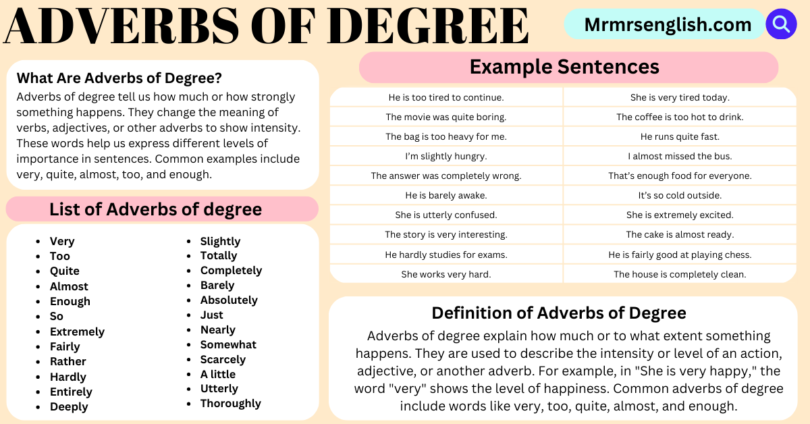
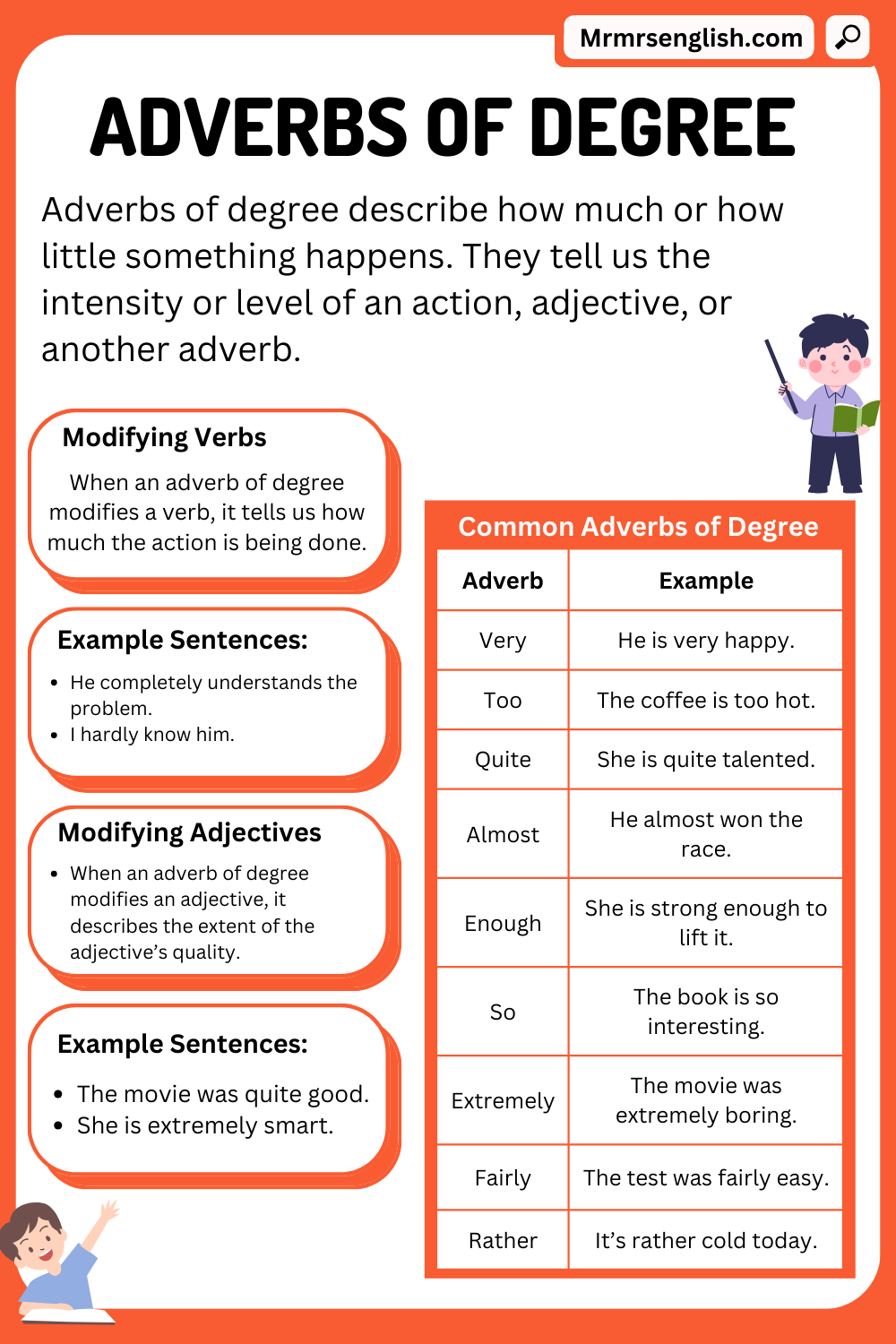
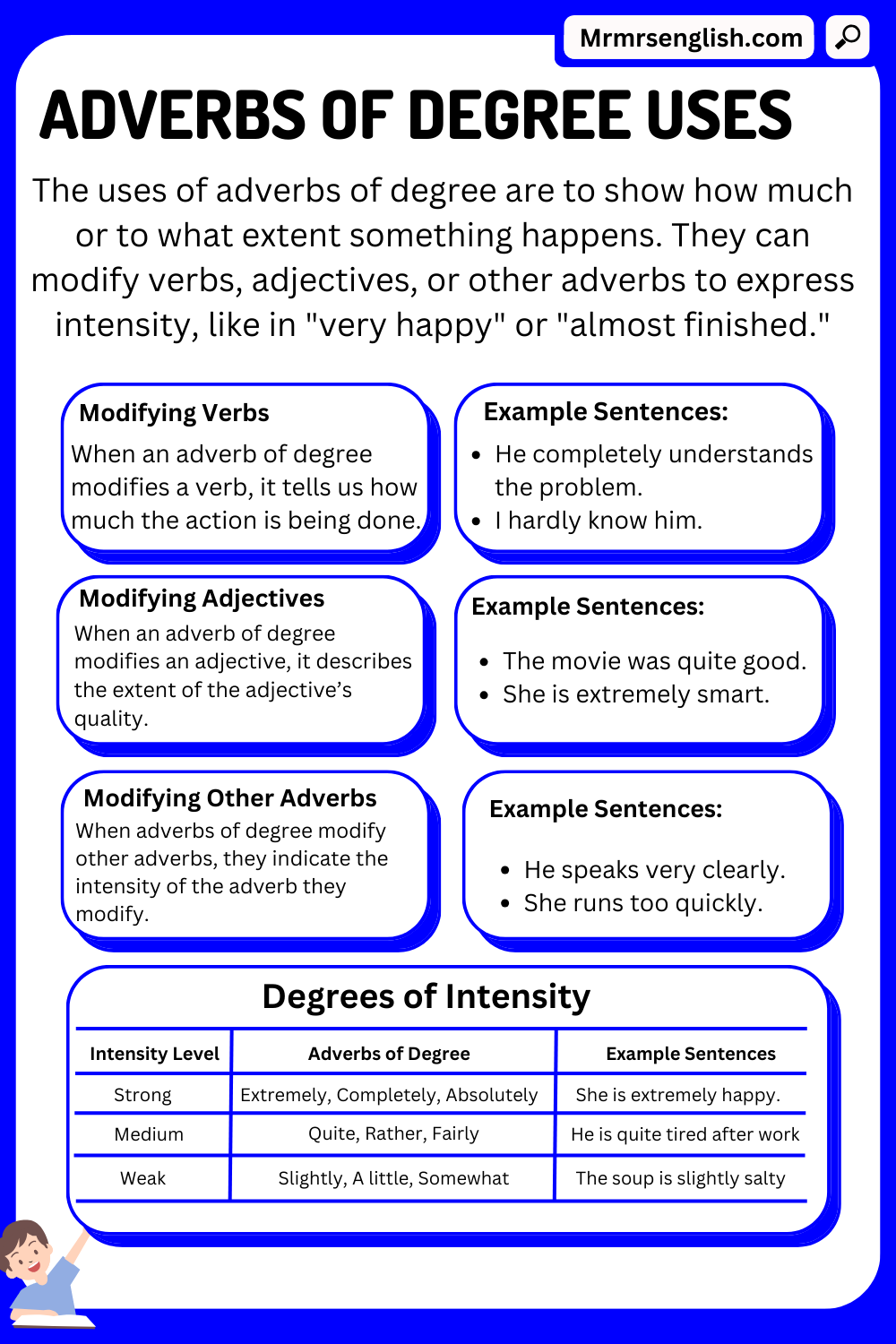
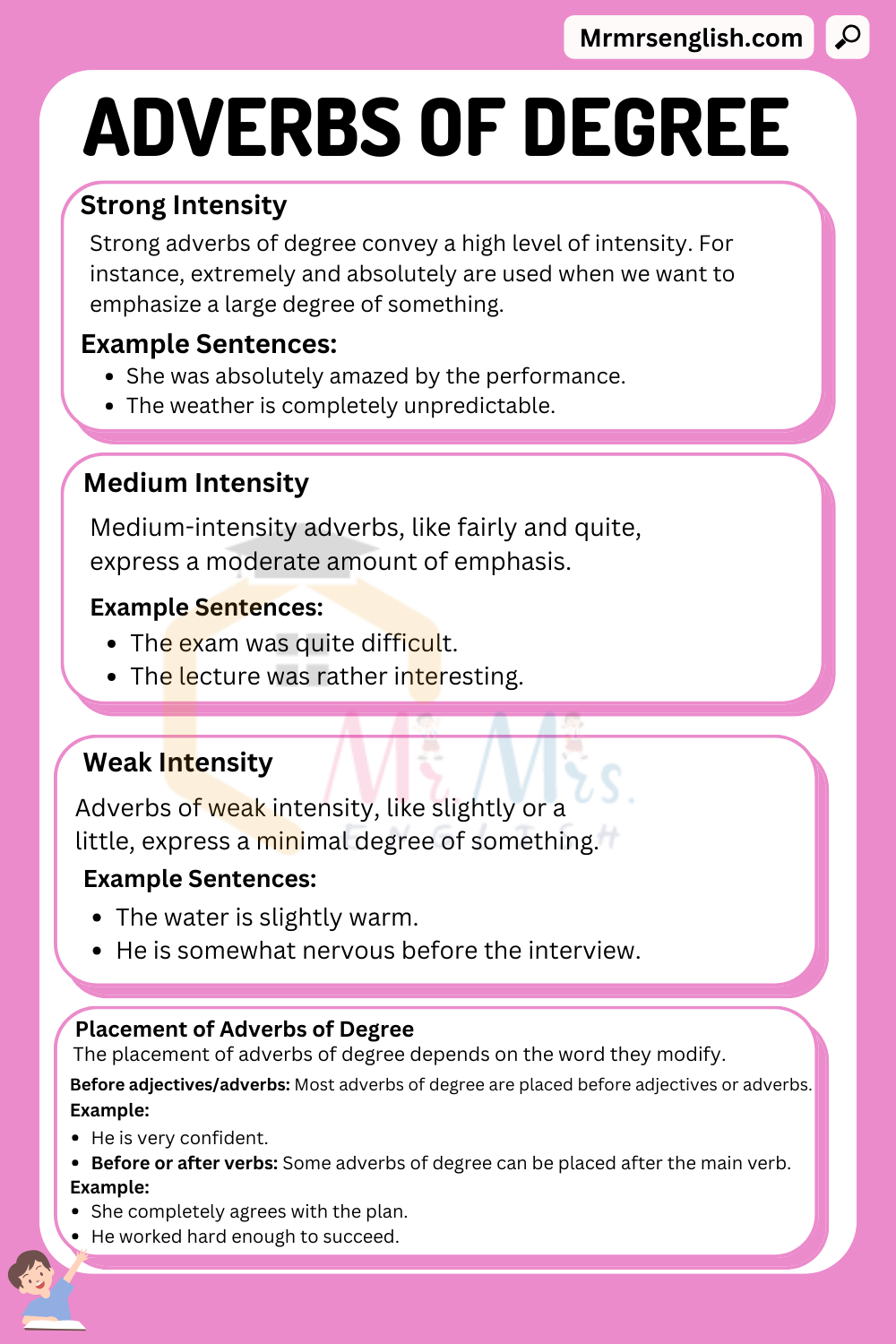


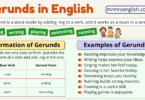
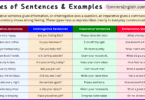
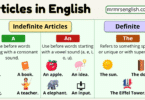
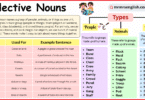
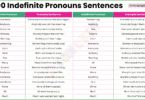
Leave a Comment